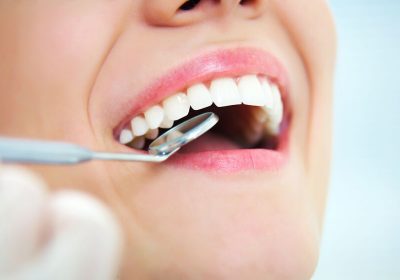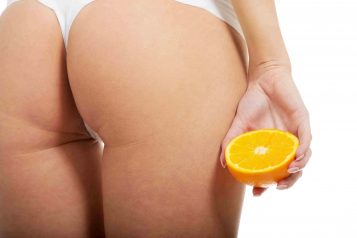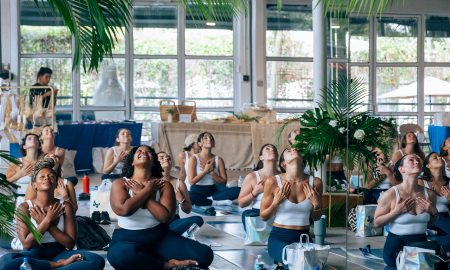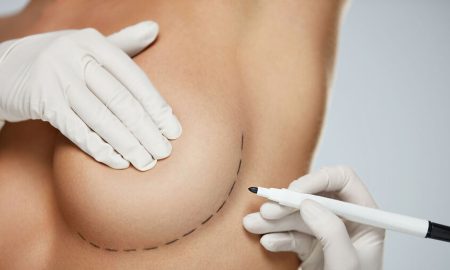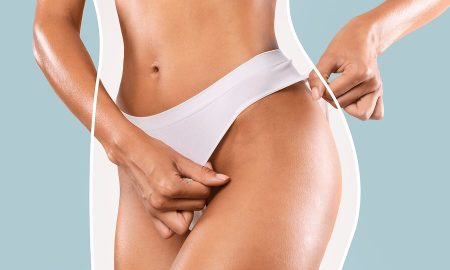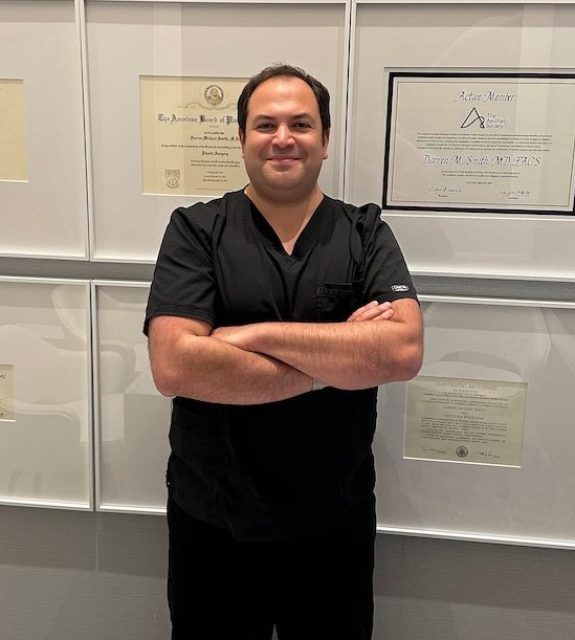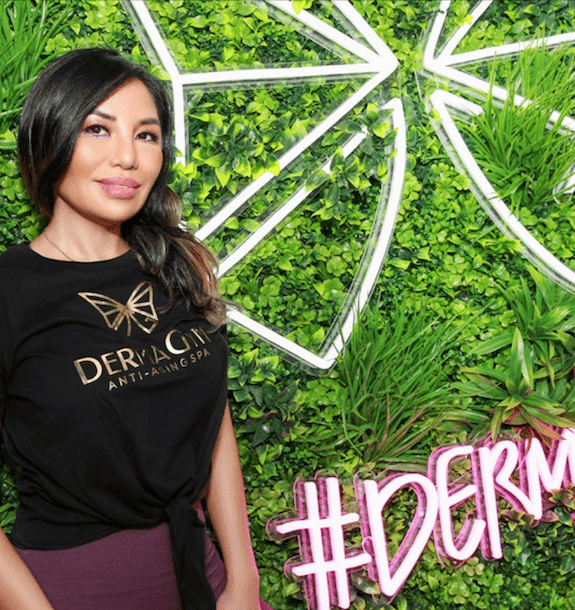Dr. Shah Vira is an eyelid and oculoplastics expert, board-certified in ophthalmology, and fellowship-trained in oculoplastics. She specializes in all facets of oculoplastic surgery including upper and lower blepharoplasty (eyelid surgery), brow lifts, mid-face lifts, cosmetic injectables such as Botox Cosmetic, and Xeomin, and more. As an oculoplastic surgeon, Dr. Shah Vira is committed to giving every patient fantastic, natural, and lasting results. Haute Beauty expert Dr. Shah Vira provides the questions and answers that will ease a patient's mind before and after eyelid surgery.
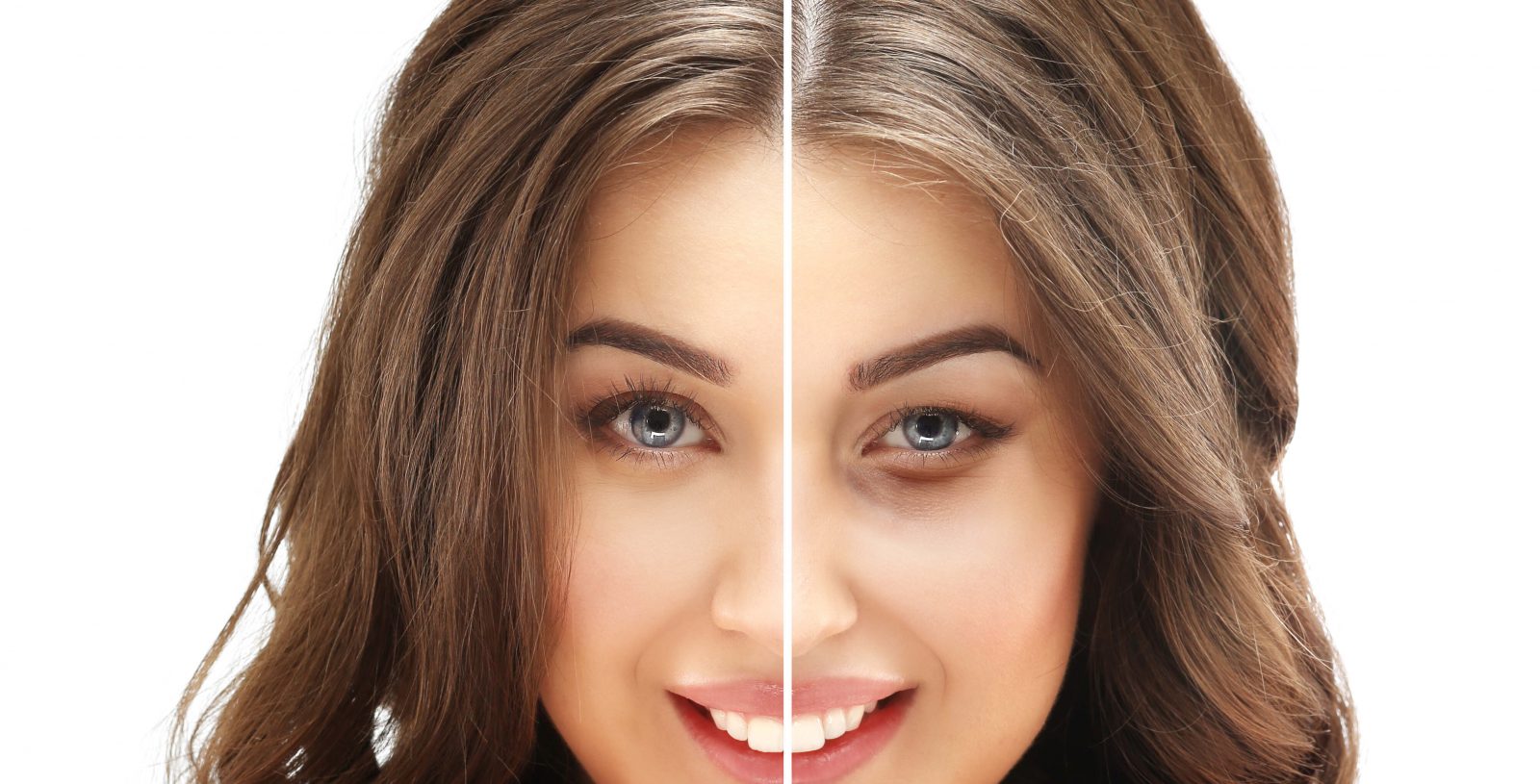
Blepharoplasty, most commonly known as eyelid surgery is known to trigger side effects of bruising and swelling. The first couple of days following the surgery, discoloration will be the most prominent. While it can be discouraging, there are ways to lessen and prevent the side effects of the procedure. If you are looking to say goodbye to bruising and swelling, absorb these questions and answers that Haute Beauty expert Dr. Shah Vira dives into.
How do you prevent bruising and swelling prior to lid surgery?
Ice, elevating the head and avoiding blood thinners (if not medically contraindicated).
How can you help with bruising and swelling post-surgery?
Sleeping with the head elevated, ice, and if not otherwise contraindicated steroids can help with bruising and swelling. Arnica, vitamin E oils, and other scar creams can help with healing and preventing thick scars, but typically the first combination is all that is needed.
What medications should you take? Suggest staying away from?
Postoperatively, using an antibiotic steroid combination ointment helps with the healing and preventing any infection. All previously tolerated medications can be continued, including blood thinners.
Does the patient need to avoid direct contact with water while showering (post-surgery)?
No, after surgery, I recommend letting the water run down the face! Avoid rubbing your eyelids. Gentle dabbing is allowed.
How long does it take for eyelid surgery to fully heal?
Most of the healing will take place in the first week. The swelling can last longer, but the incisions should typically be well healed by 7 days. Swelling varies by person, but exponentially decreases after the first week and can linger for about a month.
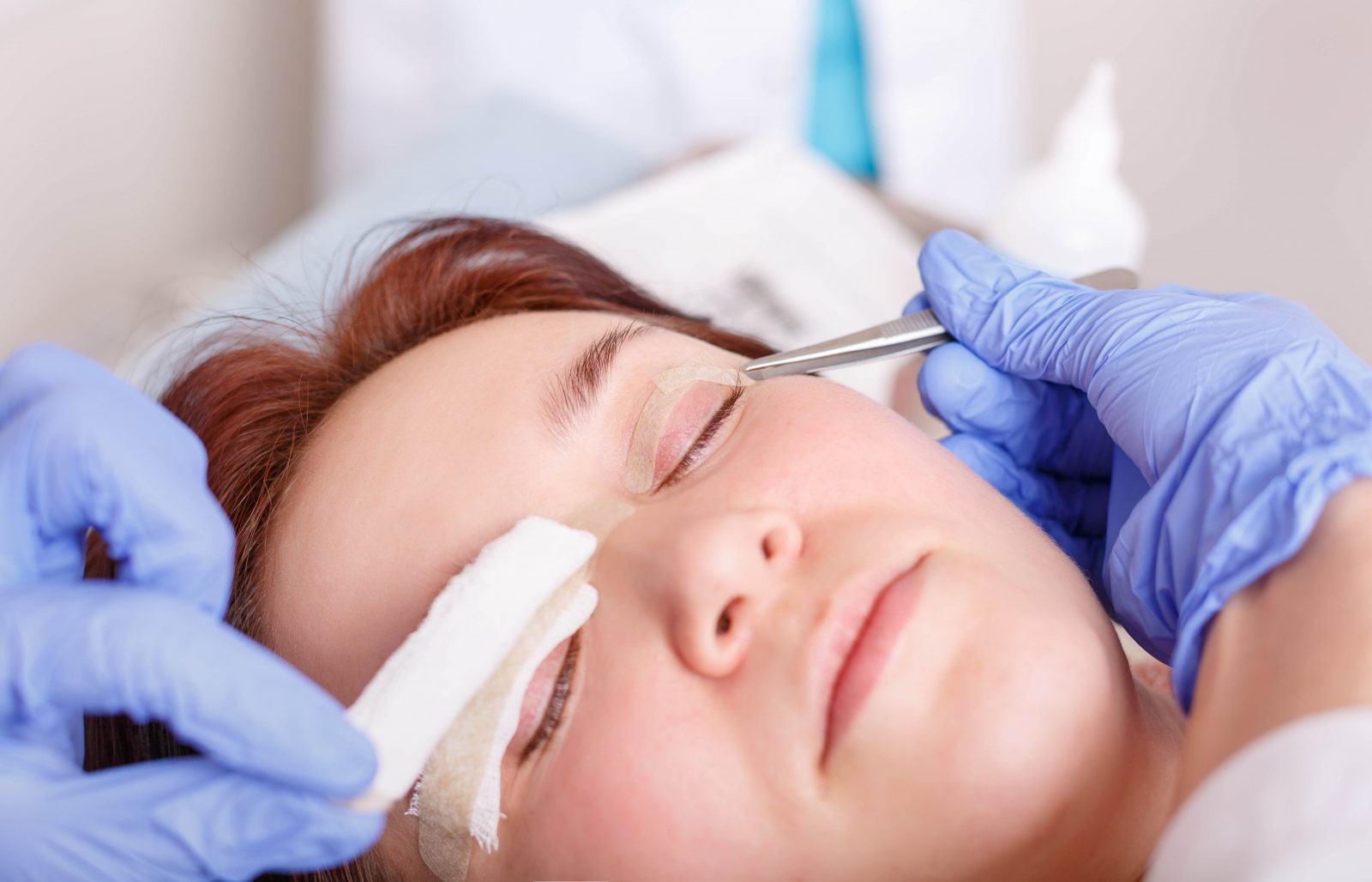
How long after should you expect to see bruising and swelling?
Within the first few days. Eyelids are great for surgery because they have a great blood supply so they heal very well. This does lead to more bruising and swelling than other parts of our body that would undergo procedures.
Do you put anything on your eyelids after surgery?
Ice pack, ice packs, ice packs. Ice is your eyelid's best friend after surgery! Ice helps with swelling, bruising, and comfort.
If you wear glasses or contacts, how long are you permitted to wear them?
Glasses are allowed to be worn right after the surgery, only if the swelling is not too uncomfortable to wear the glasses. Contacts should be avoided as you do not want to manipulate the eyelids as they are healing and risk opening the incision as it is healing. The ointment used after surgery can also sometimes run into the eyes which can leave a film on the contacts.






